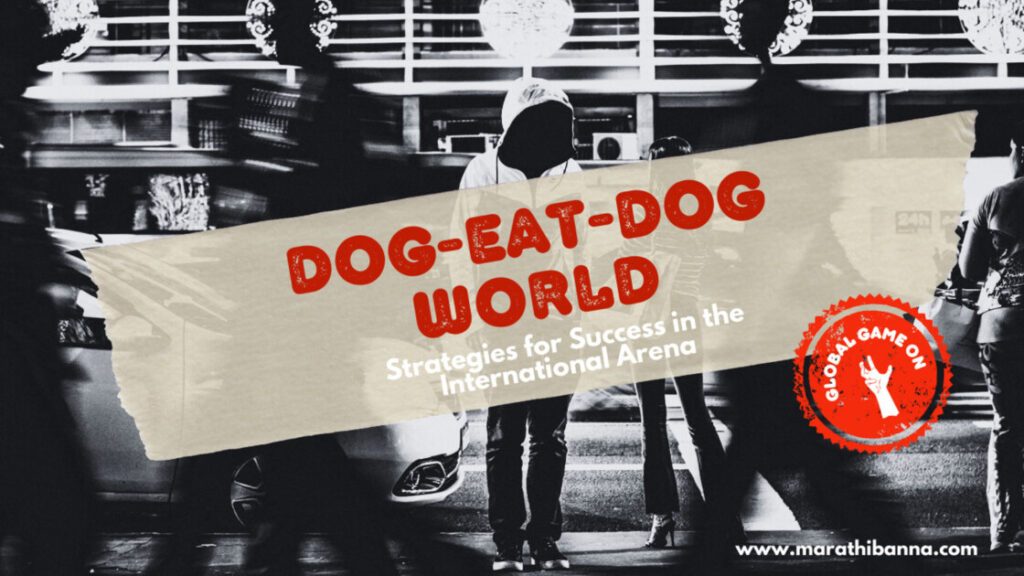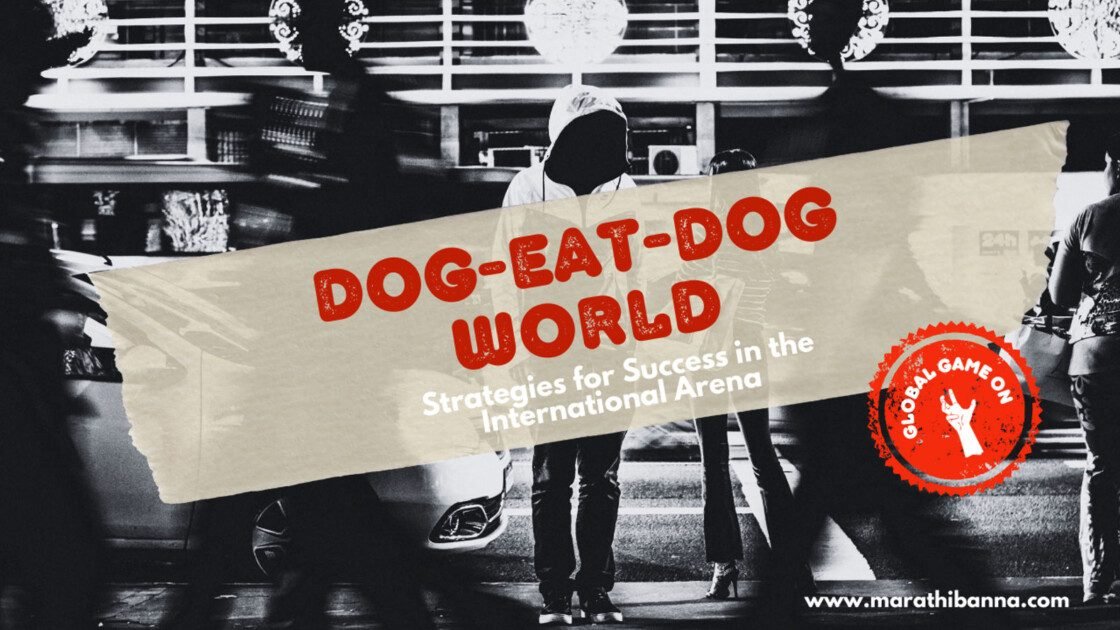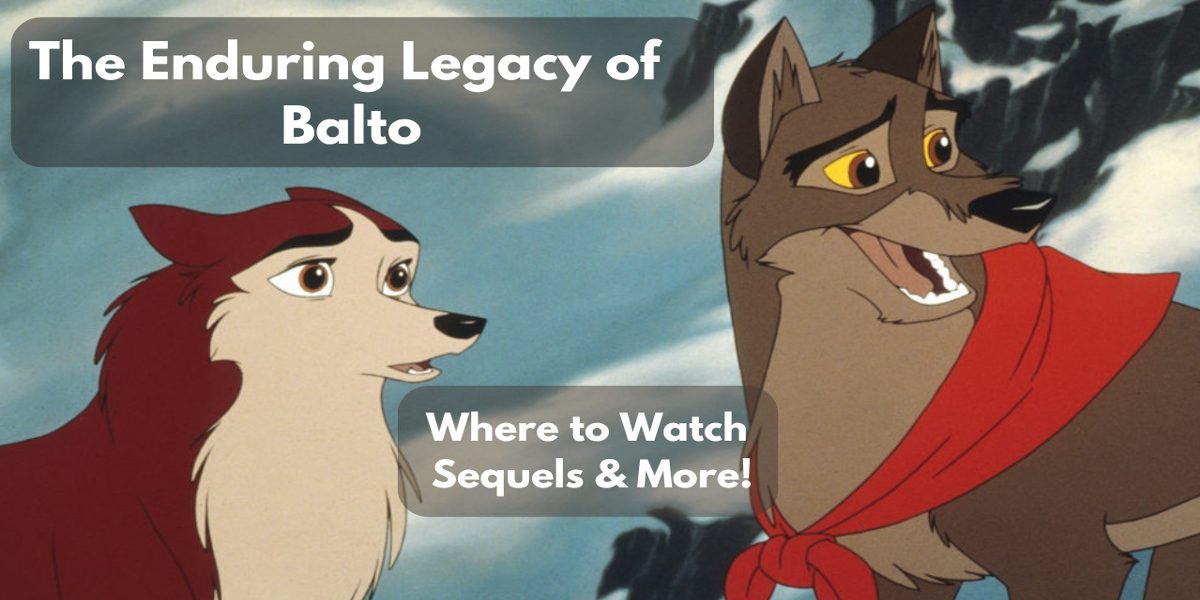Dog Eat Dog World | Dog World | The phrase “dog-eat-dog world” is a well-worn idiom used to describe a fiercely competitive environment where individuals prioritize personal gain, sometimes at the expense of others. This concept transcends geographical boundaries and resonates across various international landscapes, from bustling financial districts to the cutthroat world of professional sports. While navigating such a competitive world can be daunting, understanding the dynamics and employing effective strategies can empower you to thrive.

Understanding the “Dog-Eat-Dog World” Mentality:
- Globalized Competition: In today’s interconnected world, competition extends far beyond local markets. Businesses compete on a global scale, vying for customers and resources.
- Scarce Resources: Opportunities, funding, and coveted positions can be limited, creating a sense of scarcity that fuels competition.
- Individualism vs. Collaboration: While collaboration can be beneficial, the “dog-eat-dog” mentality often prioritizes individual achievement and advancement over team success.
The Impact of “Dog-Eat-Dog” Culture Across Different Fields:
- Business World: From securing lucrative contracts to climbing the corporate ladder, the business world can feel like a constant battle for dominance.
- Entrepreneurship: Aspiring entrepreneurs face fierce competition, requiring them to constantly innovate and differentiate themselves.
- Job Market: Job seekers often encounter a competitive landscape with many qualified applicants vying for the same opportunities.
- Academia: Educational institutions can be competitive, with students striving for top grades, scholarships, and limited spots in prestigious programs.
Strategies for Success in a “Dog-Eat-Dog World” (International Considerations):
- Develop a Competitive Mindset: Cultivate a strong work ethic, resilience, and a desire to constantly learn and improve.
- Sharpen Your Skills: Continuously invest in professional development to stay ahead of the curve and stand out from your competitors.
- Network Strategically: Build strong relationships with mentors, colleagues, and industry professionals who can offer support and guidance.
- Embrace Innovation: The ability to think creatively and identify new solutions sets you apart in a crowded marketplace.
- Cultural Awareness: International business requires understanding cultural nuances and adapting your approach to resonate with various markets. (For International Tier 1 Countries beyond USA & Canada).
- Ethical Conduct: While competition is fierce, maintain your integrity and build a reputation for ethical business practices. This builds trust and fosters long-term success.
- Work-Life Balance: Prioritize your well-being to avoid burnout. Striking a healthy balance helps you maintain focus and perform at your best.
Beyond the “Dog-Eat-Dog” Mentality: Collaboration and Alliances
While the “dog-eat-dog” mentality persists, there are growing movements towards collaboration and strategic alliances.
- Collaborative Competition: Recognize that some competitors can be potential partners. Collaboration on specific projects can benefit all parties involved.
- Strategic Alliances: Joining forces with complementary businesses can expand your reach and resources, allowing you to compete more effectively.
- Win-Win Solutions: Negotiating mutually beneficial agreements leads to sustainable success for all parties involved.
The Evolving Landscape: Building a More Sustainable Future
The concept of a “dog-eat-dog world” is not universally accepted. Here are some emerging trends fostering a more collaborative and sustainable environment:
- The Rise of Social Impact Businesses: Businesses with a social mission are becoming increasingly popular. They aim to solve social and environmental problems while generating profits.
- The Importance of Corporate Social Responsibility: Consumers are increasingly drawn to businesses with strong CSR practices, emphasizing ethical sourcing and community engagement.
- Focus on Sustainability: Sustainability is no longer a buzzword. Businesses are adopting eco-friendly practices to ensure long-term environmental and economic viability.
Case Studies: International Success Stories in a “Dog Eat Dog World”
To illustrate the strategies for success in a competitive international landscape, let’s explore a few real-world examples:
- From Humble Beginnings to Global Giant: Huawei (China)
- Founded in 1987, Huawei has become a leading global telecommunications equipment and consumer electronics company. Their success story highlights the importance of strategic investments in research and development, allowing them to compete with established players. Additionally, Huawei’s focus on building strong partnerships with international carriers has played a crucial role in its global expansion.
- Embracing Innovation: Mahindra & Mahindra (India)
- Mahindra & Mahindra, a multinational conglomerate based in India, demonstrates the power of embracing innovation. They have diversified from their core automotive business into sectors like agriculture machinery and aerospace, constantly adapting and innovating to stay relevant in a competitive global market.
- Cultural Competency and Global Domination: SoftBank (Japan)
- SoftBank, a Japanese multinational telecommunications and investment holding company, exemplifies the importance of cultural competency in international success. Their founder, Masayoshi Son, is known for his ability to understand and navigate diverse business cultures, allowing him to forge strategic partnerships and invest in promising companies worldwide.
International Nuances and Cultural Considerations
Remember, the “dog-eat-dog” mentality can manifest differently across various cultures. Here are some key considerations:
- Communication Styles: Direct communication styles preferred in some Western cultures might be perceived as aggressive in collectivistic cultures that value harmony. Adapting your communication style to fit the cultural context is crucial.
- Building Relationships: In some cultures, building trust and rapport precedes business transactions. Investing time in relationship-building can be more important than a quick closing deal.
- Negotiation Styles: Negotiation styles vary significantly across cultures. Understanding the specific approach in your target market can help you achieve mutually beneficial outcomes.
Leveraging Technology for a Competitive Edge in the Global Arena
The digital revolution has transformed the competitive landscape. Here’s how technology empowers international success:
- E-commerce Platforms: Online marketplaces allow businesses to reach a global audience, bypassing geographical limitations.
- Social Media Marketing: Utilize social media platforms to connect with international customers and build brand awareness.
- Remote Collaboration Tools: Communication and collaboration tools allow international teams to work seamlessly across borders.
Also Read –
The Benefits of Free Government iPhones and Government Phones
Bears vs. Vikings Inactives: Who is Out Tonight on MNF Week 12 Matchup?
Greenfield International Stadium: The Perfect Venue for Twenty20 International Matches
The Enduring Legacy of Balto: Where to Watch, Sequels & More! 2025
Mastering Movement: A Comprehensive Guide to OSRS Agility Training (USA Focus) 2025
The Importance of Ethical Conduct and Building Trust in International Business
While competition is fierce, ethical conduct is paramount for long-term success in the international arena. Here’s why:
- Compliance with International Regulations: Ensure your business practices comply with international regulations and labor laws.
- Building Consumer Trust: Consumers are increasingly concerned about ethical sourcing and responsible business practices. Building trust through transparency fosters brand loyalty.
- Long-Term Sustainability: Ethical conduct fosters trust with partners, suppliers, and consumers, leading to sustainable business relationships.
Conclusion: Thriving in a Competitive World with a Global Mindset
The “dog-eat-dog world” exists, but it doesn’t have to dictate your approach. By adopting a competitive spirit, honing your skills, and strategically navigating the international landscape with a focus on cultural competency, ethical conduct, and collaboration, you can achieve success in today’s competitive global environment. Embrace the challenges, leverage technology to your advantage, and remember that building trust and fostering win-win situations will pave the way for a more sustainable and successful future, not just for your business, but for the international business landscape as a whole.
Additional Considerations for International Audiences (Beyond USA & Canada):
- Highlight the importance of cultural competency and language skills in an increasingly interconnected world.
- Showcase examples of successful international businesses or individuals who have navigated the global competitive landscape strategically.
- Provide resources or links to organizations that promote ethical business practices and social responsibility on a global scale.
**By incorporating these international considerations, you can create a truly global and informative blog post that resonates with audiences
Online Resources for “Navigating the Dog-Eat-Dog World: Strategies for Success in a Competitive International Landscape”
This blog post explores the concept of a competitive global business environment and offers strategies for success. To enrich your understanding and delve deeper into specific aspects, consider these online resources:
International Trade and Business:
- World Trade Organization (WTO): https://www.wto.org/ (Provides information on international trade rules and agreements, resources for businesses, and global trade data.)
- International Trade Administration (ITA) – U.S. Department of Commerce: https://www.trade.gov/ (While US-centric, it offers valuable resources on navigating international markets, export controls, and trade finance, adaptable to a broader audience.)
- International Chamber of Commerce (ICC): https://iccwbo.org/ (A global business organization promoting international trade and responsible business practices.)
- UNCTAD (United Nations Conference on Trade and Development): https://unctad.org/statistics (Provides data, analysis, and research on international trade, development, and finance.)
Cultural Competency and Communication:
- Hofstede Insights: https://www.hofstede-insights.com/country-comparison-tool (Offers insights into national cultures based on Geert Hofstede’s framework, helping you understand cultural differences in communication styles, values, and business practices.)
- The Society for Intercultural Education, Training and Research (SIETAR): https://www.sietarusa.org/ (A professional association promoting intercultural competence. Their website may offer resources on cultural communication and navigating diverse business environments.)
- BBC Languages – Culture: https://www.bbc.com/culture (Provides articles and resources exploring cultural practices and etiquette around the world.)
Business and Technology Resources:
- Forbes: https://www.forbes.com/ (A leading business publication offering articles, insights, and case studies on international business, innovation, and technology.)
- The Economist: https://www.economist.com/ (A global weekly newspaper providing analysis and commentary on international business, politics, and current events.)
- International E-commerce Association: https://ecommerce-europe.eu/members-of-ecommerce-europe/national-ecommerce-associations/ (A non-profit organization supporting the growth of global e-commerce.)
FAQ: Navigating the Dog Eat Dog World in a Competitive International Landscape
Q: What does the phrase “dog-eat-dog world” mean?
A: It describes a fiercely competitive environment where individuals prioritize personal gain, sometimes at the expense of others.
Q: In what areas is the “dog-eat-dog world” mentality prevalent?
A: This mentality can be found in business, entrepreneurship, the job market, academia, and many other competitive fields.
Q: How does the “dog-eat-dog world” differ across international borders?
A: Cultural nuances like communication styles, negotiation tactics, and relationship-building approaches can vary significantly.
Q: What are some strategies for thriving in a competitive world?
A: Develop a competitive mindset, sharpen your skills, network strategically, embrace innovation, and prioritize ethical conduct.
Q: Why is cultural awareness important in international business?
A: Understanding cultural differences helps you communicate effectively, build trust, and navigate negotiations successfully.
Q: Can collaboration be beneficial in a competitive environment?
A: Absolutely! Collaboration with competitors or forming strategic alliances can expand reach and resources, leading to win-win situations.
Q: How can technology be leveraged for a competitive edge in the global arena?
A: E-commerce platforms, social media marketing, and remote collaboration tools empower businesses to reach a global audience and work seamlessly across borders.
Q: Why is ethical conduct crucial for international business success?
A: Ethical practices ensure compliance with regulations, build trust with consumers and partners, and foster long-term sustainable business relationships.
Q: Can you provide real-world examples of companies succeeding in a global market?
A: The blog post highlights companies like Huawei (China), Mahindra & Mahindra (India), and SoftBank (Japan) as examples.
Q: Are there resources available to learn more about international business practices and cultural considerations?
A: Consider searching for resources from organizations like the World Trade Organization (WTO) or chambers of commerce focused on international trade.


![भारतीय मौसम विज्ञान विभाग (IMD): मौसम पूर्वानुमान, चेतावनी प्रणाली और जलवायु रिपोर्ट 2026 [पूर्ण जानकारी]](https://marathibanna.com/wp-content/uploads/2026/01/भारतीय-मौसम-विज्ञान-विभाग-IMD.webp)




